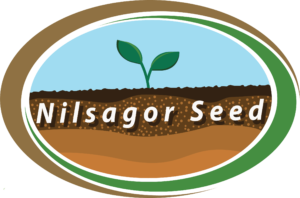Management and Organization
Nilsagor Seeds & Tissue Culture Ltd
Bangladesh's Seed Sector Dynamics
As per information from the agriculture ministry and BADC sources, the annual demand for seeds across various crops in Bangladesh is nearly 13 lakh tonnes. This demand is
categorized into three types: formal, semi-formal, and informal.

Formal Category (23%)
This segment undergoes rigorous quality testing before reaching farmers through channels like BADC and the private sector. However, despite a significant demand for high-quality seeds, there has been limited growth in production over the past five years.
Informal Category (38%)
Seeds in this category, comprising 38% of the supply, come from the informal sector. Farmers store seeds from their own crops and sell them without government initiatives to control the quality.
Semi-formal Category (39%)
These seeds, supplied by the private sector and farmers themselves, undergo some testing but often remain outside stringent supervision.

Despite facing limitations, the BADC has managed a 3.78% increase in seed production over the past 11 years. In the 2020-21 fiscal year, it produced 1,49,502 tonnes of seed, compared to 1,44,065 tonnes in 2010-11. However, this constitutes only 11.50% of the total demand.
BADC primarily focuses on producing seeds for various crops, including paddy, but its supply is only a fraction of the demand. For instance, in vegetable seed production, private companies like Lal Teer outpace BADC significantly, with Lal Teer producing 1,000 tonnes yearly compared to BADC’s 115 tonnes.
The private sector, especially companies like Lal Teer, Brac, Supreme Seed, ACI, Petrocom, Aftab Bahumukhi, IspahaniAgro, Mollika Seed, and National Agricare, along with multinational companies like Crop Science and Syngenta, lead in seed production and research. Private companies supply over 95% of hybrid seeds, contributing significantly to the sector’s growth and research initiatives. The private sector’s dominance in supplying hybrid seeds is attributed to its emphasis on research and quality seed production.
In light of these dynamics, the focus is on enhancing the production of quality seeds, with a target of reaching 25% production levels by 2030, as stated by Dr. Md Akhtar Hossain Khan, Chief Agronomist of the Seed Wing of the Agriculture Ministry
Agriculture in Bangladesh is vital for people’s livelihood and employment and contributes to GDP. Its contribution has reduced over the last decade, going from 17 percent in 2010 to 11.20 percent in 2023 (Bangladesh Economic Review 2023). The sector is at the center of our economy, decreasing poverty and ensuring food security.
Quality seed is considered to be the basic input for increasing agricultural output and thereby achieving self-sufficiency in food production. The effectiveness of other inputs like fertilizer and irrigation depends largely on good seeds. However, the use of improved seeds is still very limited. Two major reasons behind this fact are:
Production and distribution of quality seed is insufficient in the public sector as compared to its buyer demand; seed production in the private sector has not yet received the necessary support. The development of facilities in public and private sectors for the production of sufficient quantities of improved seed and for making them available to farmers at appropriate times and at reasonable prices has been suffering from a lack of definite policy directives. At the same time, the potentiality of technical assistance could not be explored due to the absence of a clear government. policy in this field. To overcome this critical situation, the MOA has formulated a national seed policy for the country.
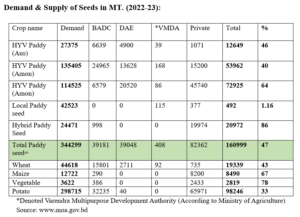
Management and Organizational Structure:
The Company should have an effective and well-organized management system according to the Companies Act, XVIII of 1994 of the Government of Bangladesh. As the sponsors are directly related to the various leading businesses and trade, it will sufficiently help them to manage Nilsagor Seeds & Tissue Culture Ltd.
The management structure of the project named Nilsagor Seeds & Tissue Culture Ltd.is designed in two different styles – the first one is during the project development and implementation phase, and the second is during operation. The overall affairs of the company are vested with the managing Director who will formulate the company’s day-to-day policy with the help of the other director. Experienced and skilled personnel will be recruited locally for the smooth running of the project.
The project has been equipped with the most modern and sophisticated machinery and equipment. The machinery has been run by highly trained and skilled manpower. The industries will be self-sufficient with continuous trouble-free operations and timely delivery & shipment. The Managing Director and other Directors of the industry have dynamic leadership in various businesses and sectors. So, the proposal for financial assistance may be accepted by all concerned authorities with great pleasure.
Board of Directors
Nilsagor Seeds & Tissue Culture Ltd. has a proven Board of Directors who have extensive knowledge in the field of agro-based industrial sector. The following persons comprise the Board of Directors:

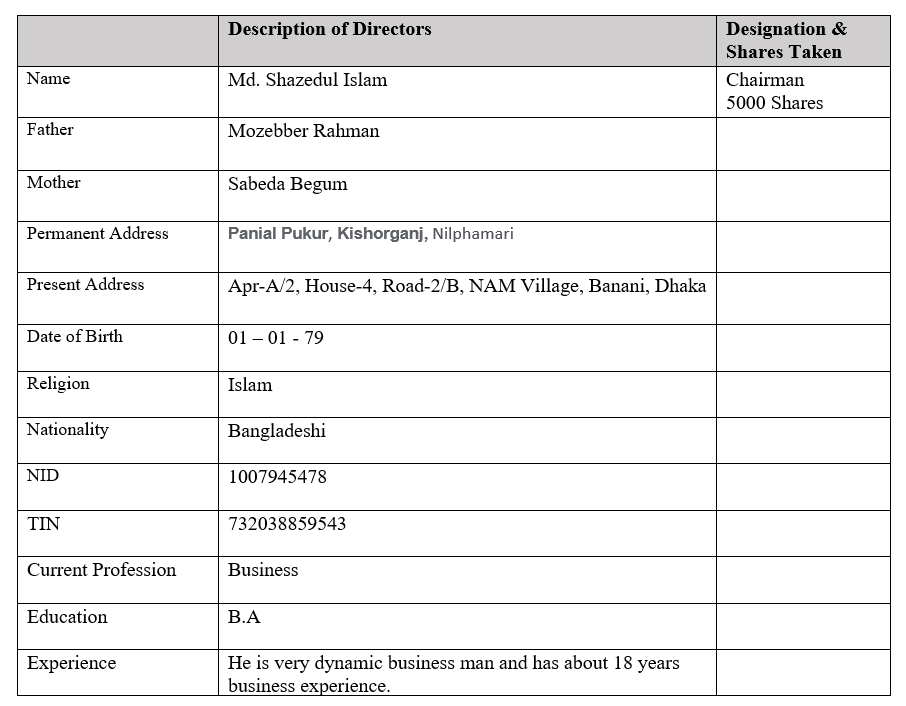
Organizational Structure
Our management and organizational structure are designed for efficiency and effectiveness. During the development and implementation phase, the Managing Director, along with other Directors, oversees the company’s day-to-day policies. Our team of experienced and skilled personnel ensures smooth project operations, utilizing modern machinery and highly trained manpower for continuous trouble-free operation and timely delivery.
The dynamic leadership of the Managing Director and other Directors, combined with extensive business experience, positions Nilsagor Seeds & Tissue Culture Ltd. for success. The proposal for financial assistance is a strategic move aligned with our growth strategy, intending to enhance operational capabilities and contribute significantly to the agricultural sector’s development.
Our organizational structure is designed for efficiency and agility, ensuring that we can adapt to the dynamic needs of the agricultural industry.

Research and Development Initiatives
Our commitment to innovation is reflected in our dedicated efforts towards research and development. With around 20 acres of land dedicated to R&D, our scientists are continually engaged in research work to develop different field crops and vegetable seeds.
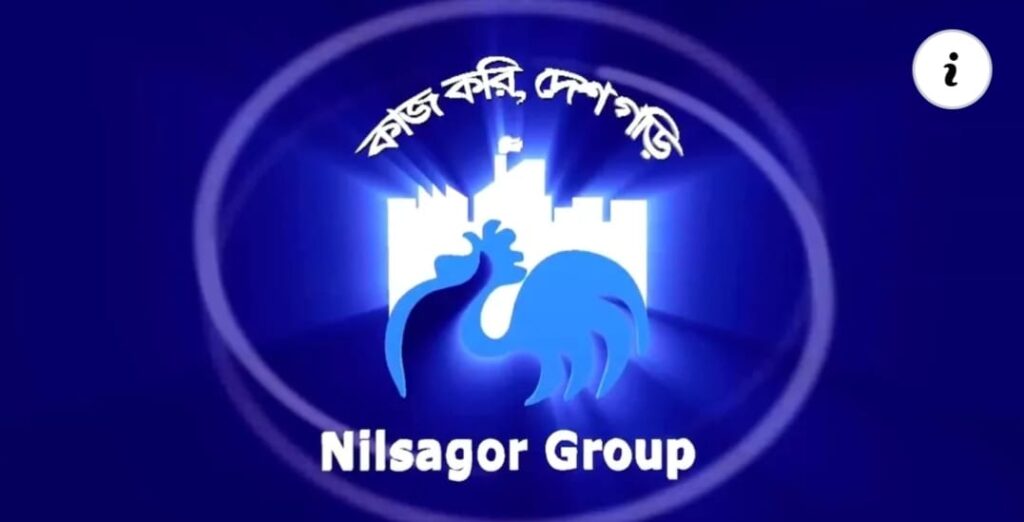
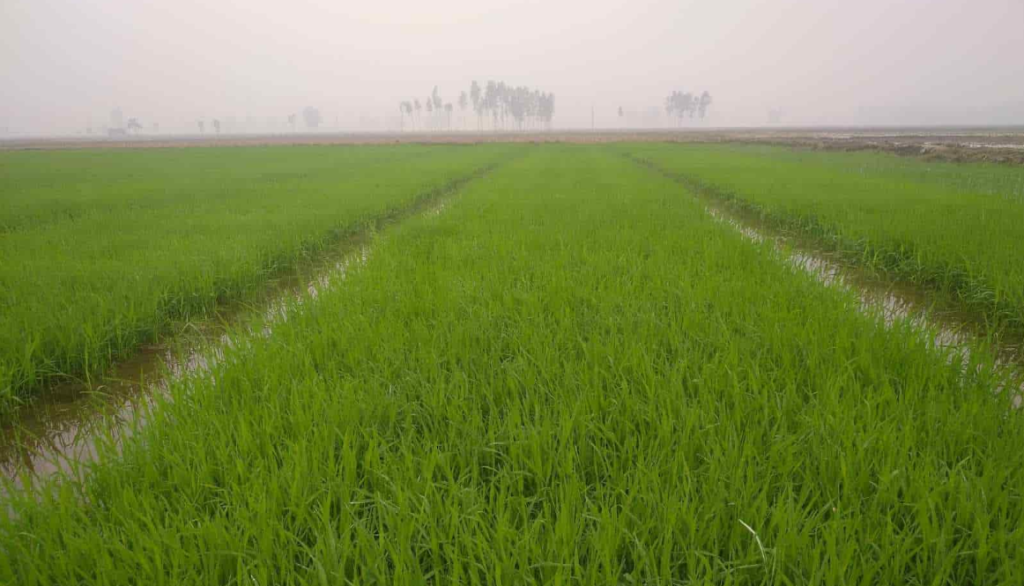
Addressing Agricultural Challenges in Bangladesh
Bangladesh faces the challenge of increasing agricultural output to meet the demands of its growing population, with agriculture contributing to 23% of its GDP. The Seed Industry serves as a cost-effective instrument for positive change in the agricultural landscape. Nilsagor Seeds & Tissue Culture Ltd. aligns itself with the trajectory of the seed industry's evolution from public to private dominance, as supported by the National Seed Policy on Seed Development (NSPSD) since 1993. Despite the gains of the green revolution, agricultural production in Bangladesh remains lower than that of developed and developing nations. To achieve sustained economic growth, the agriculture sector must grow at over 2.5% per annum. The NSPSD has paved the way for medium and large seed enterprises to play a significant role in developing and marketing high-quality seed varieties.

Market Growth and Challenges
The seed market in Bangladesh has experienced significant growth, standing at 3.37 lakh tonnes in fiscal 2018-19 compared to one lakh tonnes a decade ago. Private sector contributions, especially from companies like Nilsagor Seeds & Tissue Culture Ltd., are vital, with the market growing over 10% annually, currently valued at over Tk 1,600 crore. Farmers transitioning to commercial agriculture drive market growth, presenting immense prospects for businesses strategically positioned in this thriving market. Despite the success, challenges persist, including inadequate seed processing and storage facilities, leading to reliance on low-quality seeds. Nilsagor Seeds & Tissue Culture Ltd. envisions addressing this gap by providing quality seeds to marginal farmers, contributing to socio-economic development.

International Standards and Strategic Locations
Nilsagor Seeds & Tissue Culture Ltd. understands the international nature of seed production. With considerations for environmental conditions and cost of production driving site selection, our company embraces modern technology and machinery to maintain international seed production standards. Our strategic locations in ChinirKhuti, NilphamariSadar, Nilphamari, Hotat Para, Jaldhaka, Nilphamari, and Kobirajer Hat, Birgonj, Dinajpur, are chosen based on their agricultural productivity, infrastructure, power availability, sunlight, and low-cost labor.

COMPANY STRUCTURE
The Company is a private limited company within the meaning of section 2(1) clause of the Companies Act, 1994.
Head Office Address
Bashati Horizon, Apt-5/B, House-21, Road-17, Banani C/A, Dhaka
Value of each share
BDT 100.00 (One Hundred Taka)
Registration Number
C110340/13, Date-17 July 2013
Contact Us
Bashati Horizon, Apt-5/B, House-21, Road-17, Banani C/A, Dhak
- Tel: +88 02 2222751902+
- +01854817150
- hrd.nilsagor@gmail.com
Authorized Share Capital
BDT 30000000 (ThreeCrore) Ordinary Shares :300000 (Three Lac)
